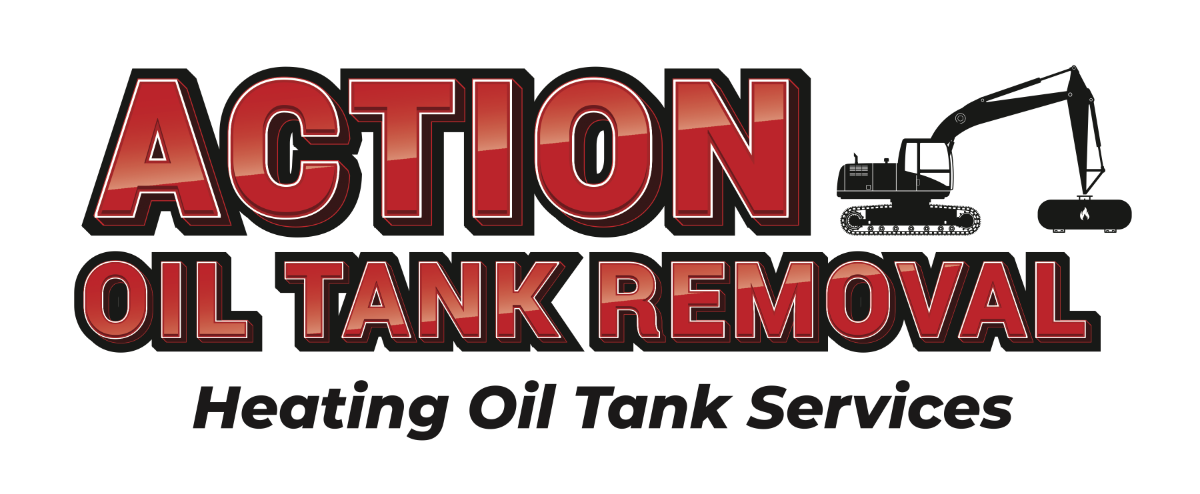Call or Text 8am - 10pm, 7 days a week 360-319-6718
The Importance of Remediation for Oil-Contaminated Soil
Remediation of oil-contaminated soil is crucial for several key reasons:
1. Protecting Property Value and Reducing Liability
Contaminated soil can significantly reduce property values, complicating efforts to sell or develop the land. Prompt remediation can help maintain property value, minimize liabilities associated with environmental cleanup, and prevent legal disputes.
2. Ensuring Regulatory Compliance
Many jurisdictions mandate the remediation of contaminated sites. Compliance with these regulations helps property owners avoid legal liabilities and fines. Remediation ensures adherence to local, state, and federal environmental standards, protecting the property owner from potential legal repercussions.
3. Safeguarding the Environment
Oil contamination poses severe risks to the environment. Spilled or leaked oil can infiltrate groundwater, degrade water quality, and harm aquatic ecosystems. Soil contamination can also affect vegetation and wildlife. Remediation mitigates these environmental impacts, restoring the ecological balance and preventing further damage.
4. Protecting Human Health
Exposure to contaminated soil can pose health risks, particularly if individuals come into contact with the soil or consume plants grown in it. Effective remediation eliminates these health hazards, ensuring the safety of residents and workers in the area.
5. Facilitating Early Detection and Mitigation
Regular soil testing and timely remediation enable early detection of contamination, which is often more cost-effective and less labor-intensive than addressing long-standing issues. Early intervention can prevent the spread of contamination, reducing the overall remediation costs and effort. Washington state's PLIA insurance program was design just for this reason, giving you access to up to $60,000 to take care of any looming issues.
Steps in the Remediation Process
Remediation involves a structured approach to effectively address and eliminate soil contamination:
1. Initial Site Assessment
Conduct a thorough site assessment, including a visual inspection for signs of oil contamination, such as staining, odor, or discolored vegetation. This initial step helps determine the extent of contamination and the necessary remediation measures. I offer a free visit to help with this process. I'll be able to test the soil directly to see if any problems are developing below the ground.
2. Developing a Remediation Plan
Based on the site assessment, develop a comprehensive remediation plan that outlines the steps needed to address the contamination. The plan should include the selection of appropriate remediation techniques, safety measures, and regulatory compliance requirements.
3. Implementing Remediation Techniques
There are various remediation techniques available, depending on the extent and nature of the contamination:
Excavation and Removal: Contaminated soil is excavated and transported to a treatment or disposal facility.
Bioremediation: Use of microorganisms to break down and neutralize contaminants.
Soil Washing: Using water or chemical solvents to remove contaminants from the soil.
Thermal Desorption: Applying heat to volatilize and remove contaminants from the soil.
4. Reporting and Documentation
I document the entire remediation process, including site assessment findings, remediation techniques used, and monitoring results. This documentation is essential for regulatory compliance and future reference.
Recommendations for Effective Remediation
1. Regular Testing and Monitoring
Regular soil testing, particularly after activities that might lead to contamination, ensures early detection and timely remediation. Continuous monitoring helps track the effectiveness of remediation efforts and detect any new contamination.
2. Compliance with Regulations
Adhere to local, state, and federal regulations and guidelines for soil remediation. Compliance ensures that the remediation process meets environmental standards and avoids legal issues.
3. Engage Professional Services
Hiring professional environmental consultants and remediation specialists to ensure the remediation process is conducted effectively and in compliance with regulations. Action Oil Tank Removal is a state incorporated specialist and we specialize in these types of claims.
For more information or professional assistance with soil remediation, please contact us via phone or email.
